With our Advanced Series in Cybersecurity, you will gain the knowledge to implement and maintain cost-effective security controls that are closely aligned with business and industry standards. You will also acquire skills to assess threat analysis and cybersecurity risks, data protection techniques and advanced configuration of DLP tools.
Learn how to prevent, detect, and respond to attacks through experience with hands-on projects. Develop processes for establishing an incident-handling team from start to finish. Gain a solid understanding of the cloud security principles and frameworks. Work with industry leaders who have already been there and done that and learn from their personal experiences.
Moreover, you will understand which threat sources are useful, which specific threats are targeted, and which ones may need minor adjustments to monitor within an organization. You will seamlessly identify, mitigate, and defend against web application attacks by designing and building systems resistant to failure.
But that’s not all. Besides gaining the technical skills needed to succeed in the industry, we will also help you work on your career-building skills. Through comprehensive career coaching sessions and access to a unique Talent Portal that will connect you with the right employers, you will learn everything you need to know about job research, technical interviews and the first day of work.






